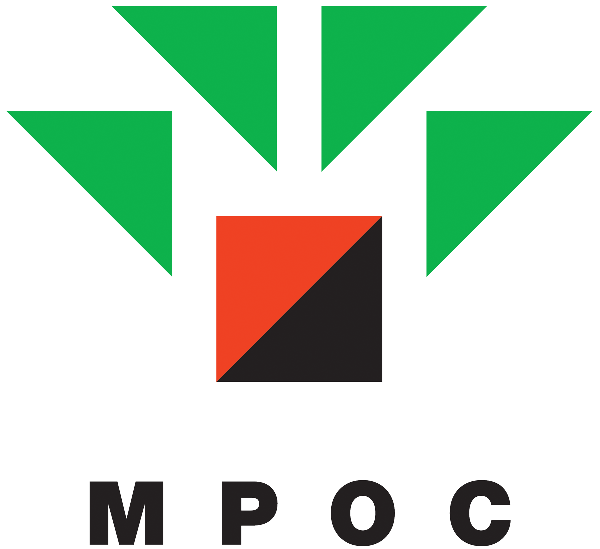
PETALING JAYA: Analysts are mostly “neutral” on the plantation sector, projecting average crude palm oil (CPO) prices at RM4,200 to RM4,300 per tonne for 2025 and RM4,000 to RM4,200 per tonne for 2026.
According to the Malaysian Palm Oil Board’s latest September statistics, the local palm oil inventory rose to 2.36 million tonnes, as higher exports were offset by weaker domestic consumption, increased imports and an elevated supply in the opening stock level.
Looking ahead, MBSB Research said the sector’s outlook remained “hazy” in the supply and demand dynamic, where a shortage in palm oil might be coming by Indonesia’s aggressive biodiesel policy such as the impending B50 implementation in second half of 2026.
Demand has also failed to gain traction despite the widened spread discount between soybean oil, reflecting a cautious sentiment.
“We have downgraded Ta Ann Holdings Bhd and Sarawak Plantation Bhd due to the limited upside,” the research house said.
MBSB Research’s new top pick is IOI Corp Bhd with a “buy” call with a target price of RM4.42.
“We favour the stock for its low cost of production and high mill utilisation rate, which continue to support its upstream and profit margins estimated at above 40% and 10%,” it added.
Phillip Capital Research, which pegged the average CPO price at RM4,280 per tonne for 2025 and RM4,000 per tonne for 2026, said this reflected expectations of a balanced supply-demand environment amid persistent market volatility.
For sector exposure, it favoured Kuala Lumpur Kepong Bhd (KLK) with a “buy” call at a target price of RM22.62, supported by the group’s scalable upstream operations, efficient cost structure and healthy balance sheet.
TA Research maintained “buy” calls on TSH Resources Bhd and United Malacca Bhd at target price of RM1.30 and RM6.29, respectively.
It has reaffirmed its “hold” rating on KLK with a target price of RM21.21, while continuing to rate IOI Corp Bhd and Kim Loong Resources Bhd as a “sell”.
Key upside risks to the sector’s recommendation include South America’s soybean supply turning out to be lower than market expectations, a more promising demand recovery story, lower-than-expected palm oil production and significant reductions in production costs, the research house added.
Meanwhile, Hong Leong Investment Bank (HLIB) Research has kept an “overweight” call on the sector, supported by a constructive outlook for CPO prices over the near to medium term.
“We prefer planters with greater exposure to Malaysian upstream operations, given their high leverage to CPO prices and minimal exposure to land confiscation risks,” the research house said in a report.
Its top “buy” picks are SD Guthrie at a target price of RM5.76 and Hap Seng Plantations Holdings Bhd with a target price of RM2.29.
The research house said it favoured SD Guthrie for its efforts to diversify earnings drivers, particularly through expansion into renewable energy (RE) and industrial property developments by leveraging its prime landbank, improving balance sheet, and decent dividend yield of 3% to 4%.
It also picked Hap Seng Plantations for its solid balance sheet (net cash and net cash per share of RM653.6mil and 81.7 sen as at June 30, 2025), and high operating leverage to the CPO price movement, positioning it well to benefit from high CPO prices.
Kenanga Research, meanwhile, said after a strong calendar year 2025, easy or flat sector earnings are expected in 2026.
It noted that “larger integrated players are busy diversifying beyond palm oil (into property, RE or palm biomass) in search of growth, while many non-integrated ones have substantially rebuilt their balance sheets.
Source: The Star





